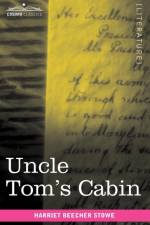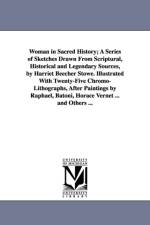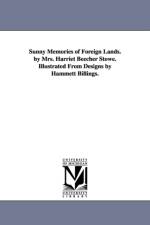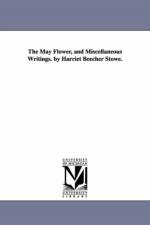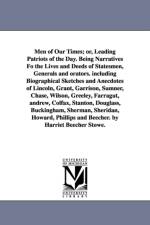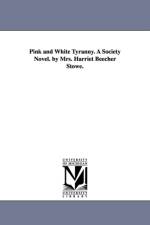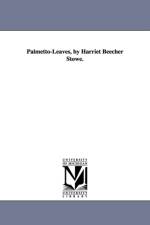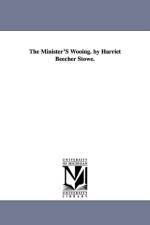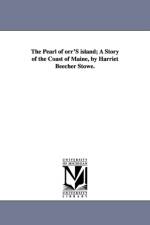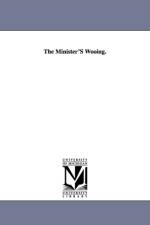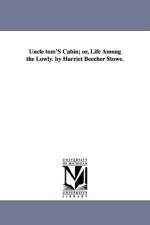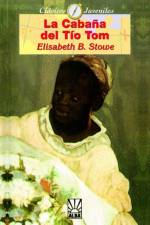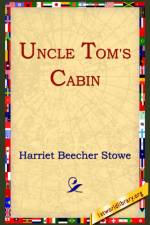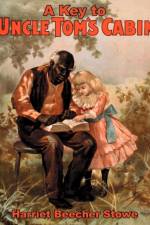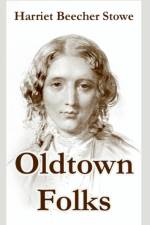av Professor Harriet Beecher Stowe
547
The Minister's Wooing is a historical novel by Harriet Beecher Stowe, first published in 1859. Set in 18th-century New England, the novel explores New England history, highlights the issue of slavery, and critiques the Calvinist theology in which Stowe was raised.Due to similarities in setting, comparisons are often drawn between this work and Nathaniel Hawthorne's The Scarlet Letter (1850). However, in contrast to Hawthorne's The Scarlett Letter, The Minister's Wooing is a "sentimental romance"; its central plot revolves around courtship and marriage. Moreover, Stowe's exploration of the regional history of New England deals primarily with the domestic sphere, the New England response to slavery, and the psychological impact of the Calvinist doctrines of predestination and disinterested benevolence.With its intense focus upon the history, customs, and mannerisms of New England, The Minister's Wooing is one sense an example of the local color writing that proliferated in late 19th century. However, by highlighting the issue of slavery, this time in the north, The Minister's Wooing also represents a continuation of Stowe's earlier anti-slavery novels.Finally, the work serves as a critique of Calvinism, written from the perspective of an individual deeply familiar with the theological system. Stowe's father was the well-known Calvinist minister Lyman Beecher, and Stowe based many aspects of the novel upon events in the lives of herself and her older sister Catharine's life.Throughout the novel, Stowe portrays the reaction of different personality types to the pressures of Calvinist principles, illustrating in this manner what she perceives as Calvinism's strengths and weaknesses. In particular, responding to the untimely death of her sister's fiancé and the death of two of her own children, Stowe addresses the issue of predestination, the idea that individuals were either saved or damned, and only the elect would go to heaven. Publication History--The Minister's Wooing was first serialized in the Atlantic Monthly from December 1858 to December 1859, and then published in book form first in England by Sampson Low, Son & Co., and then in the US by Derby and Jackson, in order to guarantee British royalties. Genesis of the Novel--In 1857, Harriet Stowe's son Henry drowned in the Connecticut River. Like the sailor James in the novel, he was unregenerate at the time of his death. Stowe had first begun to reassess the Calvinist view of salvation after watching her sister Catherine wrestle with the similar loss of an unregenerate fiancé in 1822, and her own son's death spurred further reflection. The grief and doubt experienced by both Harriet and her sister served as the genesis of the novel, and their experience finds its fullest expression in the character of Mrs. Marvyn.Some readers, including Stowe's own grandson Lyman Beecher Stowe, proclaimed the book to be an assault on Calvinism. Stowe did indeed question the establishment in which she had been raised, but it is evident from her journals that she was not seeking to launch a full attack. Indeed, she expressed a profound respect and admiration for both Calvinist theology and the individuals who grappled with its doctrines.Her stated intent was instead to point out certain flaws and to spread tolerance... Harriet Elisabeth Beecher Stowe ( June 14, 1811 - July 1, 1896) was an American abolitionist and author. She wrote 30 books, including novels, three travel memoirs, and collections of articles and letters. She was influential for both her writings and her public stands on social issues of the day.

